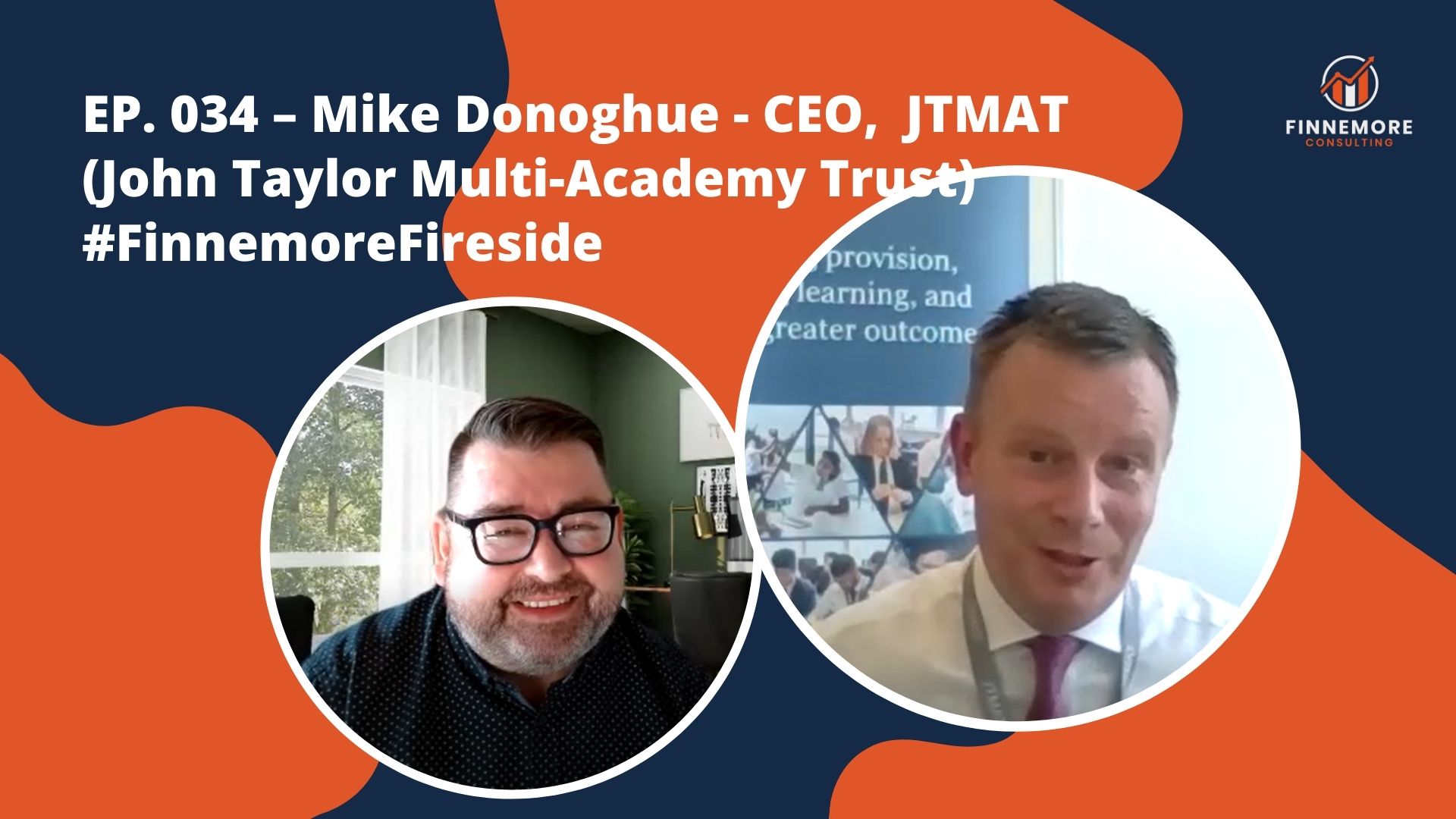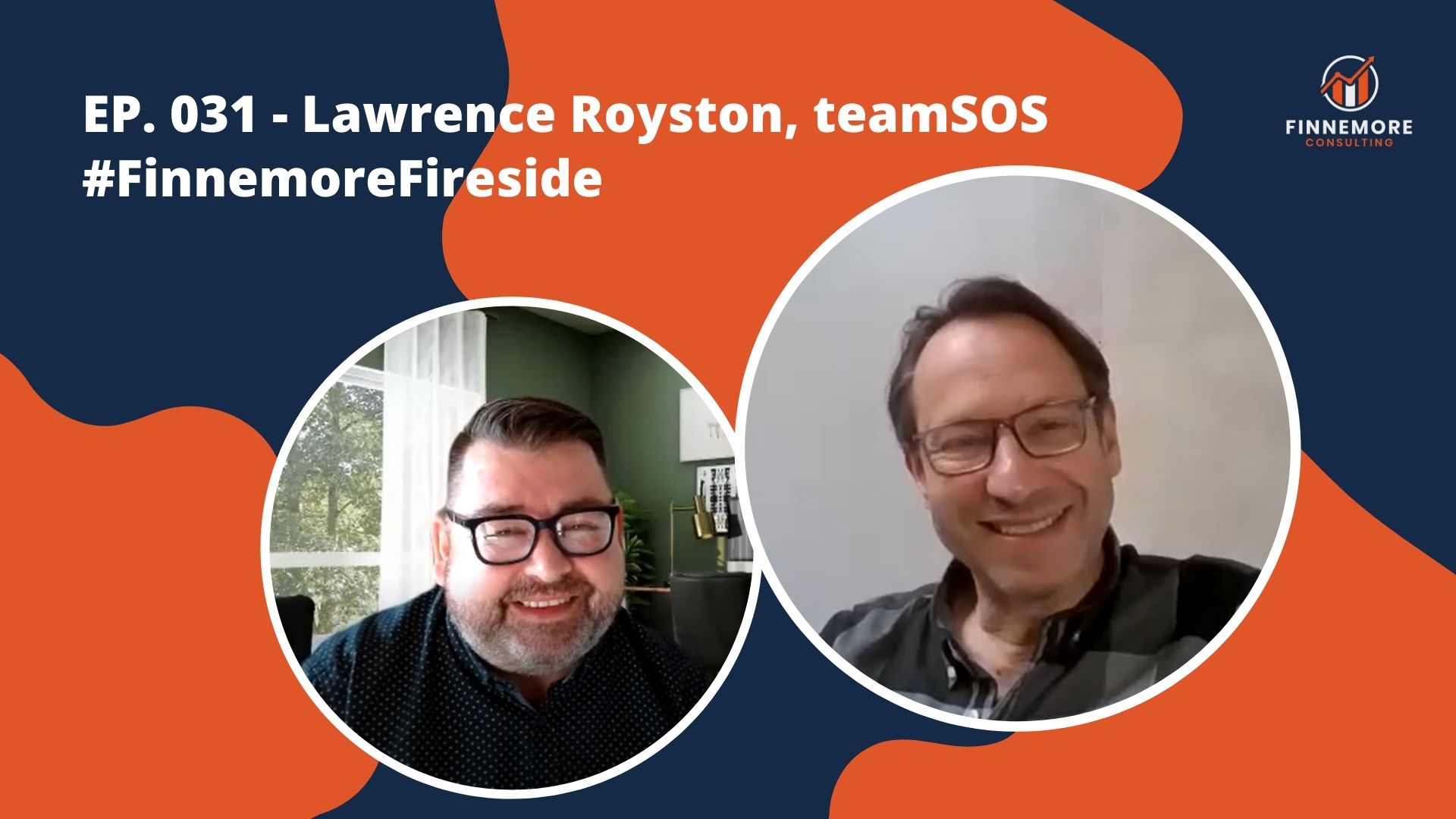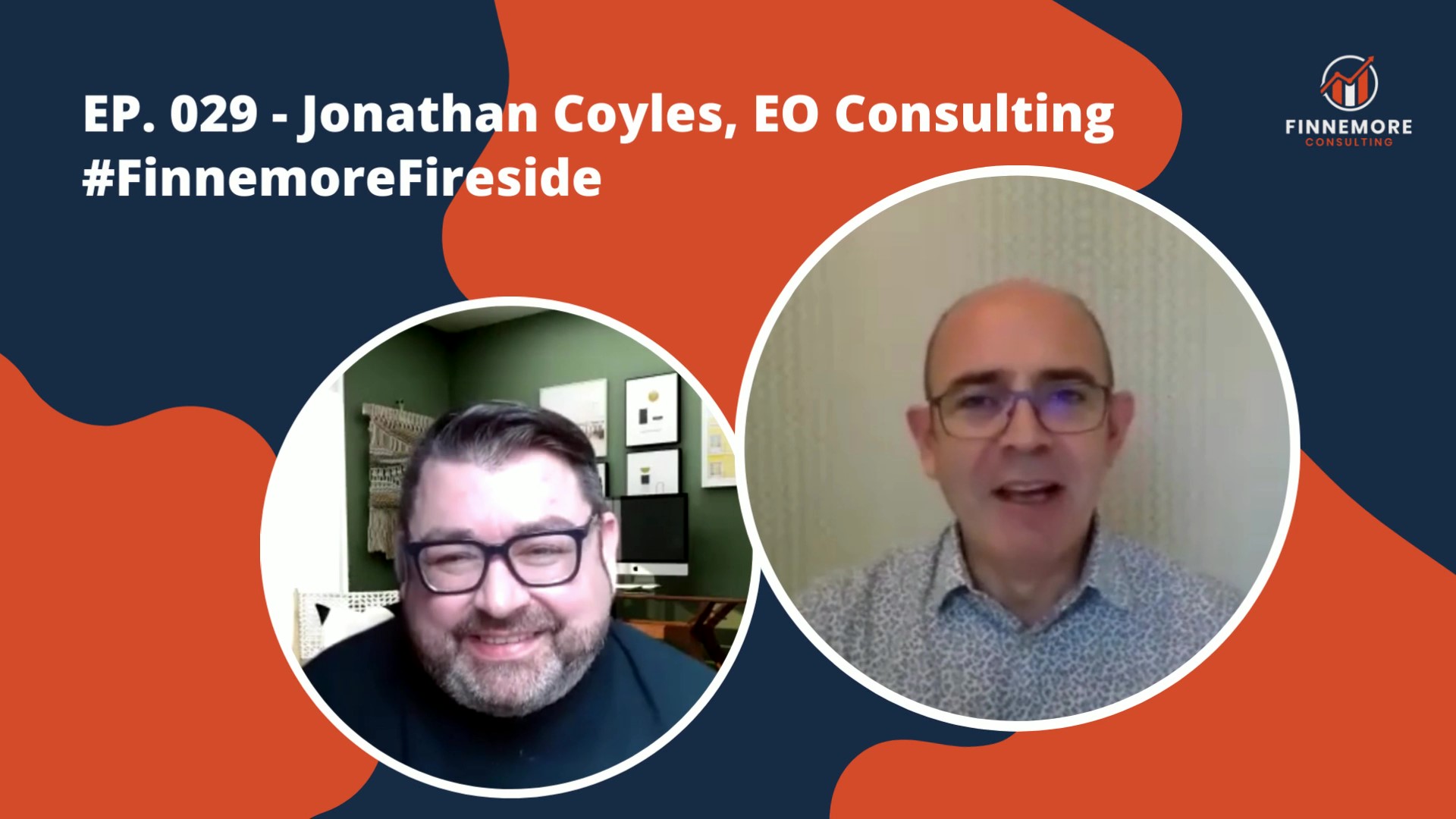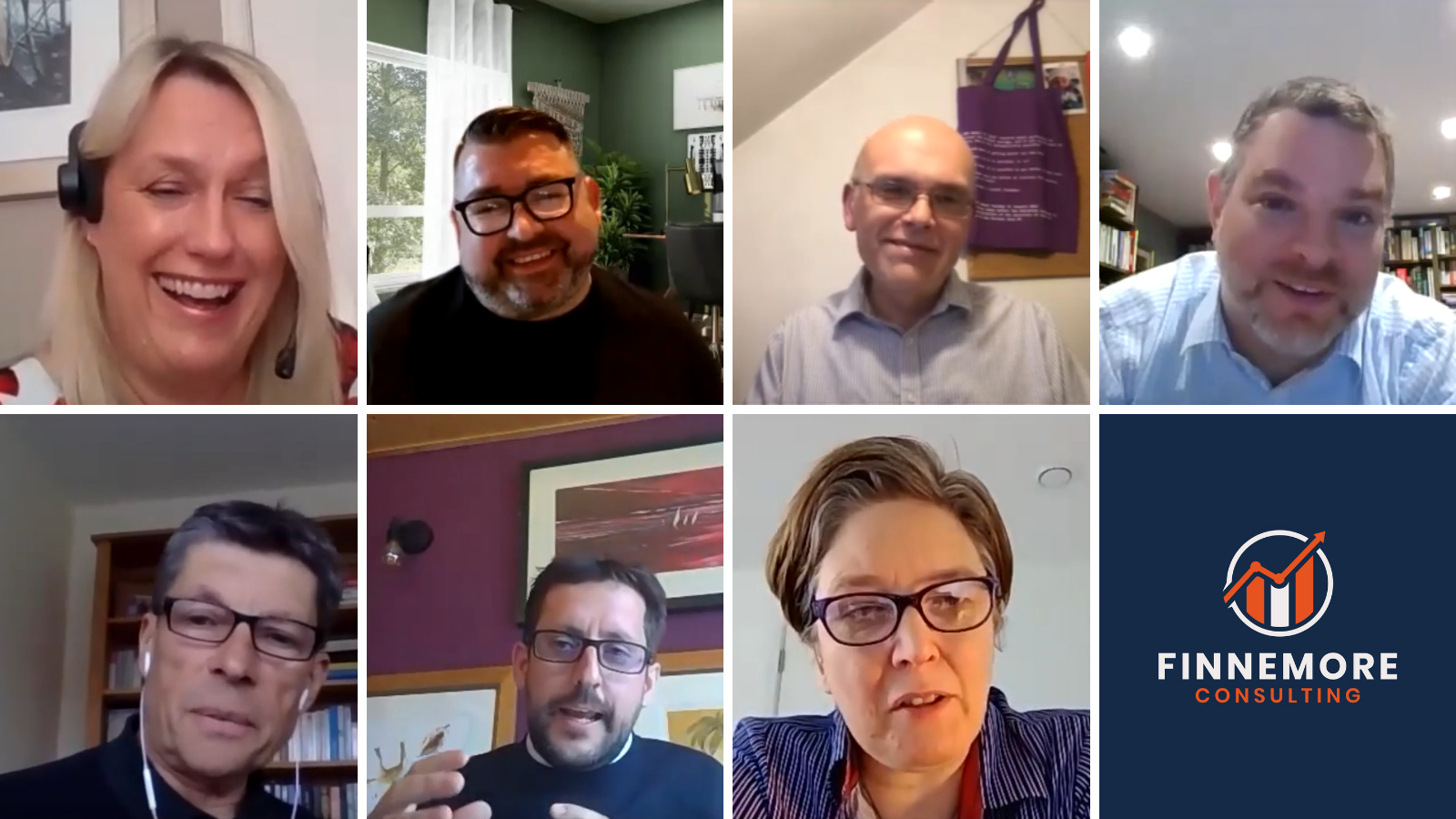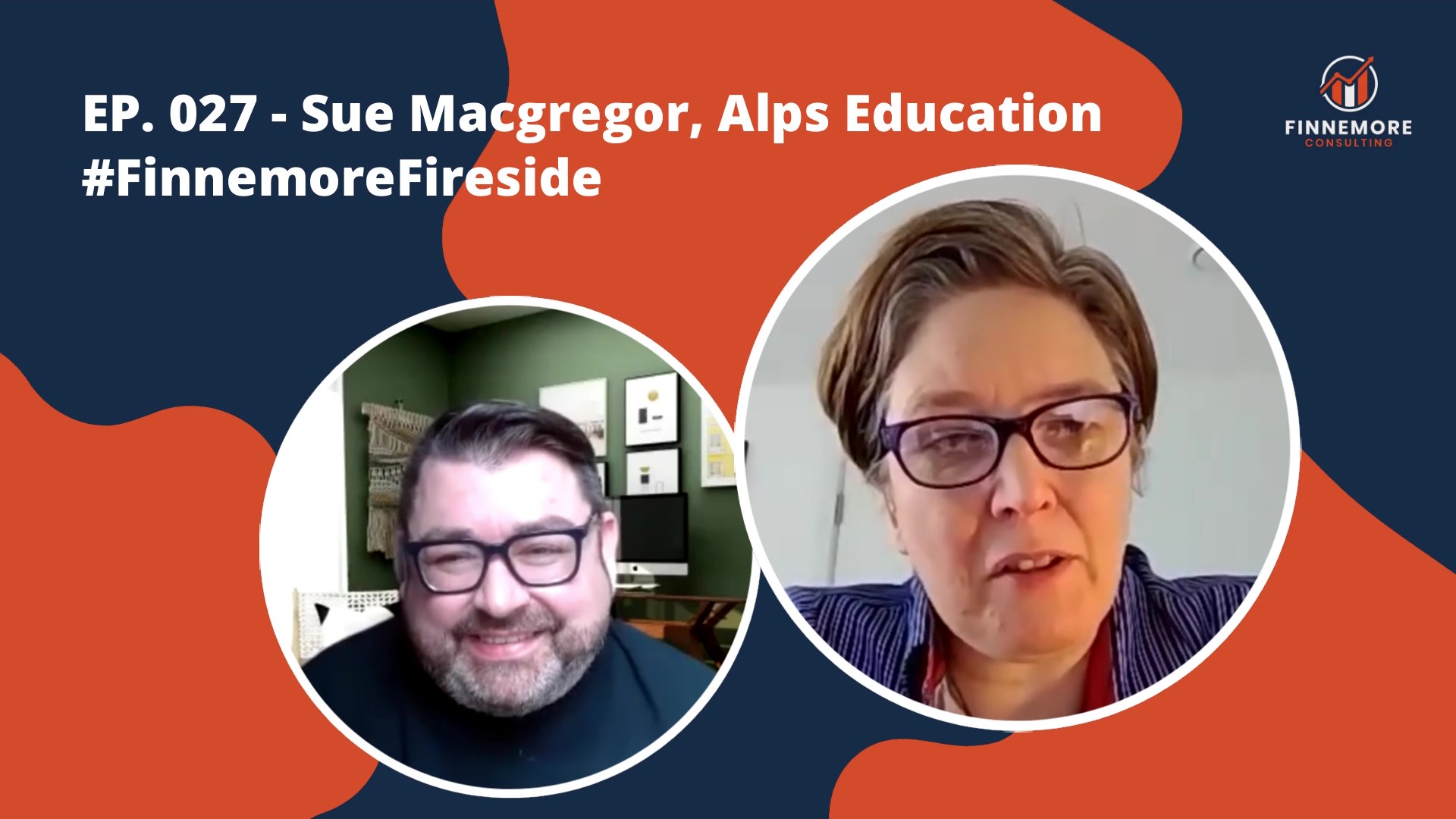Is signing into a multi-year contract for your MIS a good thing?
If it’s something you’ve actively chosen to do as a school, academy or trust then, yes, it’s a great idea. It means you’ve had the chance to look at the options out there, and you’ve asked your suppliers for three-, four- or five-year pricing to guarantee a bit of budget certainty for the future.
If a multi-year contract is something you’ve had sprung on you in the small print – leaving you a very short window to either agree or cancel – well, it’s unlikely to be very popular. No one appreciates feeling like they’re being backed into a corner ☹
An unforeseen change in contract terms like this poses all sorts of questions for everyone involved in MIS:
❓ How does this affect the relationships schools have with the local support teams out there whom they’ve worked with and accessed their MIS licence through for years? It leaves Support Teams having to manage a difficult message from the MIS provider.
❓ How does this affect how Support Teams work with suppliers? More and more Support Teams have moved to be a multi-MIS support team, choosing to support their schools irrespective of the systems they use as opposed to only offering one option. All of the ‘big 5’ MIS have established Support Partner programmes (some useful links are below), as well as many of the newer entrants to the sector.
❓ How does this affect everyone (both schools and LAs) in terms of meeting procurement rules? Does everyone now need to get quotes and go through a tender process to even just stay with the MIS they already use?
❓ As academisation continues, what happens when a Local Authority maintained school is tied into a multi-year contract that converts to an academy?
Lots to think about which will hopefully become clearer soon.
If you’re a school, academy or trust and you’re affected by this and are wondering what to do, I’ve seen lots of posts on this already but it seems like the best advice is:
- Remember, YOU are the customer, so don’t be afraid of looking at alternatives and moving as it can all happen a lot quicker and easier than you think. Everyone is well-versed in migrating data from your system and it’s possible to be up and running very quickly.
- If there’s too much time pressure to look into things right now, don’t feel you have to lock in for a further three years, but do definitely contact your supplier to negotiate an alternative term length. They may be open to shorter contracts in the face of schools cancelling altogether, and this will give you time to plan for 2022.
- Talk to people! Get in touch with your local MIS support team if you use one, or with any of the MIS companies directly. They are all friendly and knowledgeable and will walk you through everything you need to know (or send a message to me or Nick as we’re more than happy to introduce you).
‘Big 5’ Support Partner programme links:
RM Integris https://www.rm.com/products/rm-integris/partner
Bromcom https://www.bromcom.com/LA-partners
Arbor https://arbor-education.com/become-a-partner/
Scholarpack https://scholarpack.com/who-we-help/support-partners/
ESS SIMS https://www.ess-sims.co.uk/products-and-services/sims-support-units

